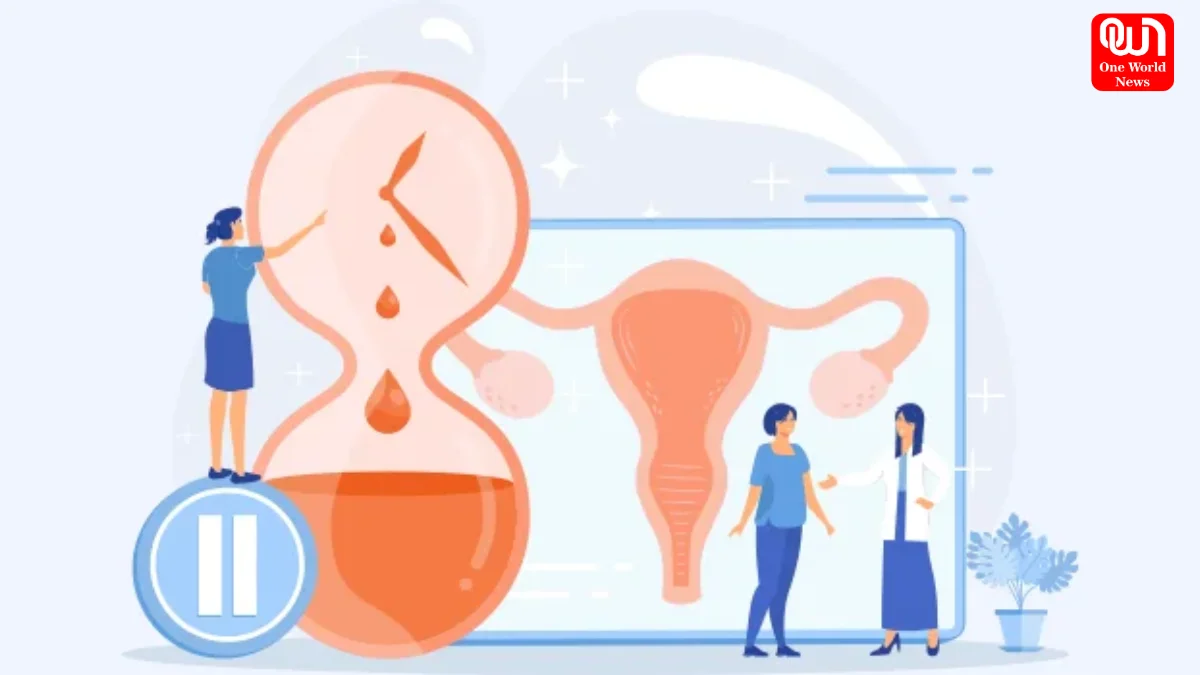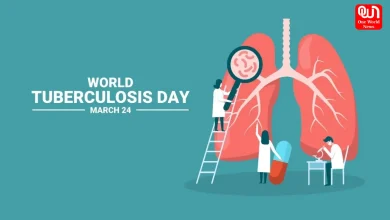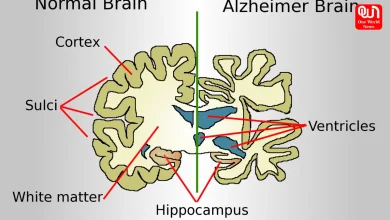Perimenopause Awareness: Understanding the Silent Phase Before Menopause
Perimenopause Awareness highlights the transition before menopause, its symptoms, emotional impact, and how women can manage this natural phase.
Perimenopause Awareness: Understanding Symptoms, Emotional Changes, and Health Management During the Silent Phase Before Menopause
Perimenopause Awareness: Understanding the Silent Phase Before Menopause
Perimenopause Awareness is crucial in helping women understand the changes their bodies go through before menopause. This silent yet significant phase marks the gradual transition leading to the end of menstruation. Often beginning in a woman’s 40s—but sometimes earlier—perimenopause involves hormonal fluctuations that affect physical, emotional, and reproductive health.
What Is Perimenopause
The Transition to Menopause
Perimenopause is the natural biological stage that precedes menopause, characterized by declining estrogen levels and irregular menstrual cycles. It can last anywhere from a few months to several years, depending on individual factors. Unlike menopause, where menstrual periods stop completely, perimenopause is a phase of fluctuation and unpredictability.
When It Begins
Typically, perimenopause begins between the ages of 40 and 45, though some women may experience it earlier. Genetics, lifestyle, and health conditions all influence when it starts. Recognizing early symptoms helps women prepare physically and emotionally for the changes ahead.
Common Symptoms of Perimenopause
Irregular Menstrual Cycles
One of the earliest signs of perimenopause is changes in menstrual flow and frequency. Periods may become shorter, longer, lighter, or heavier. Tracking cycles can help identify patterns and discuss them with healthcare professionals.
Hot Flashes and Night Sweats
Hormonal fluctuations often cause sudden sensations of heat known as hot flashes. These may be accompanied by sweating and redness, particularly at night, disrupting sleep and daily comfort.
Mood Swings and Anxiety
Perimenopause affects mental health due to fluctuating hormones like estrogen and progesterone. Many women experience irritability, anxiety, or mild depression. Understanding these emotional changes is key to managing them effectively.
Sleep Disturbances
Insomnia and disrupted sleep are common during perimenopause. Factors such as hot flashes, stress, and hormonal imbalance contribute to restlessness, making relaxation techniques and sleep hygiene important.
Physical Changes
Women may notice weight gain, thinning hair, dry skin, and decreased libido. These symptoms are normal but can be managed through a balanced diet, regular exercise, and medical support when needed.
Why Perimenopause Awareness Matters
Breaking the Silence
Perimenopause Awareness helps remove the stigma and silence surrounding women’s hormonal health. Many women are unaware that the symptoms they experience are linked to this transition, leading to confusion or unnecessary worry.
Promoting Early Diagnosis
Raising awareness encourages women to seek timely medical advice. Early diagnosis allows healthcare providers to offer effective management strategies and rule out other potential health issues.
Encouraging Emotional Support
Understanding perimenopause fosters empathy among families and communities. Emotional support from loved ones and peers can make the journey more manageable and less isolating.
Managing Perimenopause Naturally
Healthy Diet and Exercise
A nutritious diet rich in calcium, fiber, and plant-based foods supports hormonal balance. Regular physical activity such as yoga, walking, or swimming can reduce stress, improve sleep, and maintain overall well-being.
Mindfulness and Stress Management
Meditation, deep breathing, and mindfulness exercises help alleviate anxiety and promote emotional balance. Stress reduction techniques play an essential role in managing hormonal changes effectively.
Medical Guidance and Treatments
Consulting a gynecologist or endocrinologist can help manage severe symptoms. Hormone replacement therapy (HRT), supplements, or natural remedies may be recommended based on individual needs.
Sleep and Self-Care Practices
Creating a bedtime routine, avoiding caffeine, and maintaining a cool sleeping environment can help improve sleep quality. Practicing self-care through hobbies and relaxation can also enhance mood and resilience.
Emotional and Social Impact
Mental Health Awareness
Hormonal changes can affect mental health, causing anxiety, irritability, or depression. Perimenopause Awareness promotes open conversations about these challenges and the importance of mental well-being.
Relationship Dynamics
Perimenopause can affect relationships due to mood changes or reduced libido. Communication and understanding between partners are vital during this time to maintain emotional closeness and support.
Workplace Considerations
Women experiencing perimenopause may face difficulties at work due to fatigue or concentration issues. Awareness and supportive workplace policies can create a more inclusive and empathetic environment.
How to Spread Perimenopause Awareness
Community Programs
Hosting awareness events, workshops, or online discussions can educate women about perimenopause and available resources. Healthcare professionals and wellness experts can guide participants through effective management practices.
Social Media Advocacy
Sharing stories, facts, and expert advice on social media platforms using hashtags related to Perimenopause Awareness helps reach a wider audience. It encourages women to speak openly and support one another.
Healthcare Initiatives
Hospitals and clinics can organize free check-ups, counseling sessions, and awareness drives to help women recognize symptoms early and access proper care.
read more: Women’s Health Check-Up List: Tests You Shouldn’t Miss in Your 20s, 30s & 40s
Conclusion
Perimenopause Awareness empowers women to understand the silent yet transformative phase before menopause. By recognizing symptoms, seeking medical advice, and maintaining a healthy lifestyle, women can navigate this stage with confidence and grace. Promoting open discussions and education about perimenopause ensures that every woman receives the support she deserves during this important chapter of life.
We’re now on WhatsApp. Click to join.
Like this post?
Register at One World News to never miss out on videos, celeb interviews, and best reads.








